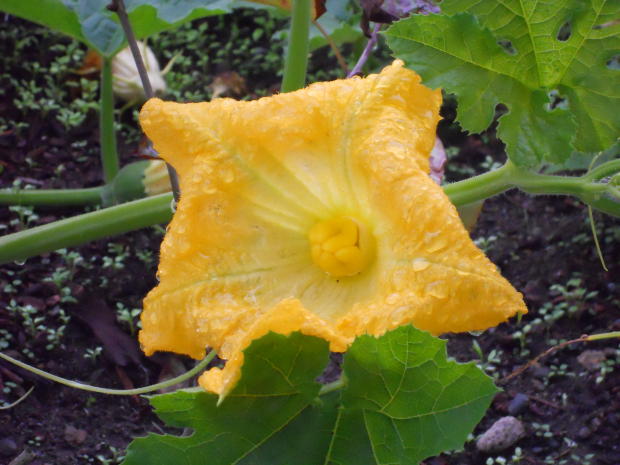 Loading... Please wait...
Loading... Please wait...Save Money. Grow Your Own!
Fast Plain Box Shipping.
We ship to the US & Canada.
Grow Your Own!
Going Organic with Hydroponics: Some Things to Consider
Posted on 10th Aug 2014
With the big boom of today’s organic food industry, many hydroponic growers are looking to get involved in the kind of food production that’s labeled as organic. Getting an organic label requires various types of compliance, depending on the state where you’re gardening. In general, organic status has to do with limiting pesticides and formulating nutrients in precise ways.

Issues with Organic Hydroponics
Some of the main ways that hydroponics projects run afoul of the criteria set by organic regulators have to do with the most common grow mediums that are often used in large-scale hydroponics, such as rock wool and volcanic products. In some cases, regulators have ruled that these are not acceptable as organic growing media, partially because of the dangers involved in discarding these materials. Hydroponic growers have to examine how they can set up the media plant environment in a way that won’t jeopardize an organic label or certifications.
Some hydroponic growers also run into problems where the nutrient solutions that they use may not be compatible with an organic label. Some of the most ‘natural’ fertilizers work in traditional soil, not in a hydroponic environment. However, hydroponic suppliers are looking at ways to provide nutrient products for these water-based plants that will enable growers to get that organic certification.
Although hydroponic growers can face some challenges, in many ways, the philosophy between organic and hydroponic agriculture systems go hand-in-hand. For more, keep an eye on this blog and ask your hydroponic retailer how they can help you to get closer to a specific kind of growing for any type of commercial hydroponics project that you want to build. The diverse kinds of equipment on today’s market can help you put together the specific kind of garden that will give you a great harvest with every plant cycle.
